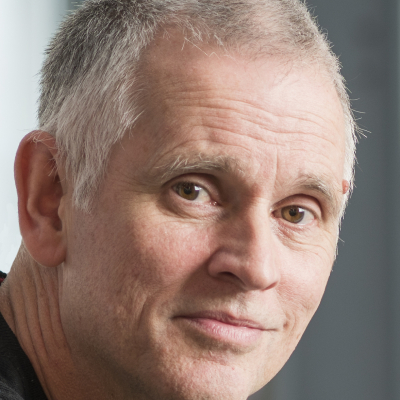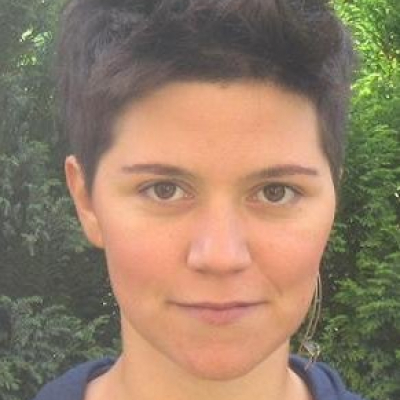One of the challenges for effective health care is to accurately keep track of the steps each individual patient needs to go through to complete their treatment. However, at busy hospitals and clinics this problem quickly becomes very complex and mistakes are likely to occur. The ambition of the Integrated Care Pathways project is to develop formal models that capture the necessary sequence of steps for effective patient care.
Using process modelling tools, such as WorkflowFM and the Lightweight Social Calculus, we have developed intuitive, diagrammatic visualisation of patients' care pathways which helps clinicians better understand their own practices, analyse and rethink them. We have used structured data models that makes it easy to maintain and evolve the models as policies and practices change, as well as to share them between different stakeholders and compare sites. Importantly, formal verification techniques can also be applied to our models to mechanically check their correctness and consistency.
This can help eliminate errors, increase the trustworthiness of the model, and improve patient safety. Finally, our models are executable, so optimised models for healthcare provision can be automatically generated. Our work has resulted in a rigorous, collaborative methodology for formal modelling of care pathways, from the collection of data from all the involved stakeholders to an optimised, executable support system that enhances clinical coordination and care practices.




